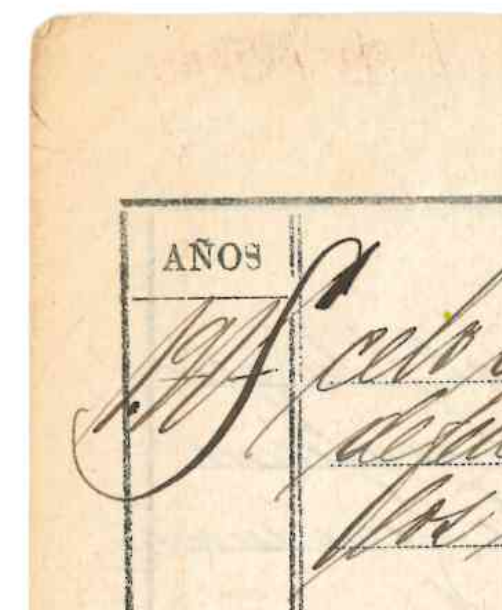For the year 1915 in my great-grandfathers Civil Guard records there are three entries.
Here is the second note (split over 2 pages):
Again, I find this find of handwriting on the difficult side to read. But I have managed to transcribe some of it I think. So far I have:
Por Real Orden manneria del ministerio de la observación fecha 21 de Agosto, publicara en el semanario oficial del Cuerpo xxx de 1º de Septiembre, este dieron a gracias por en distinginor xxx xxx a xxx la xxx xxx xxx xxx xxx xxx xxx durante xx meses de xxx, xxx y xxx.
El Comandante Mayor
As always, thank you for your help with transcribing and translation.
Update
In the answer it refers to the number 405. I think that is correct because the 5 is also quite ornate here at the top left of the page:



